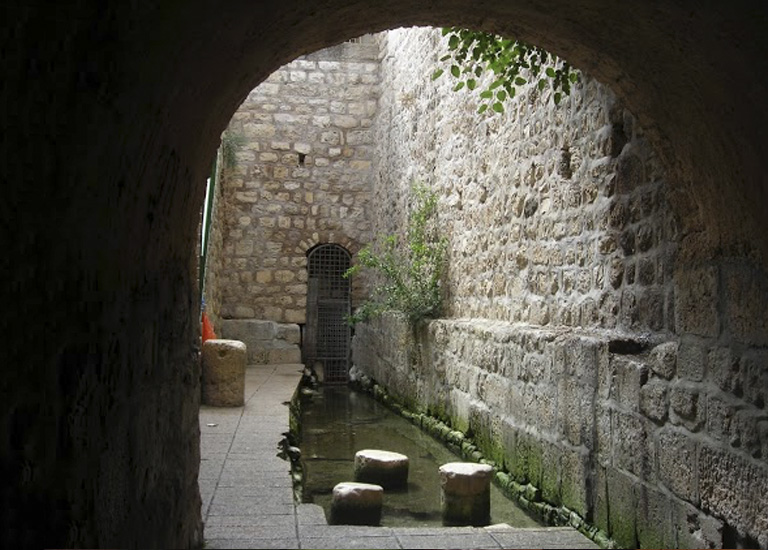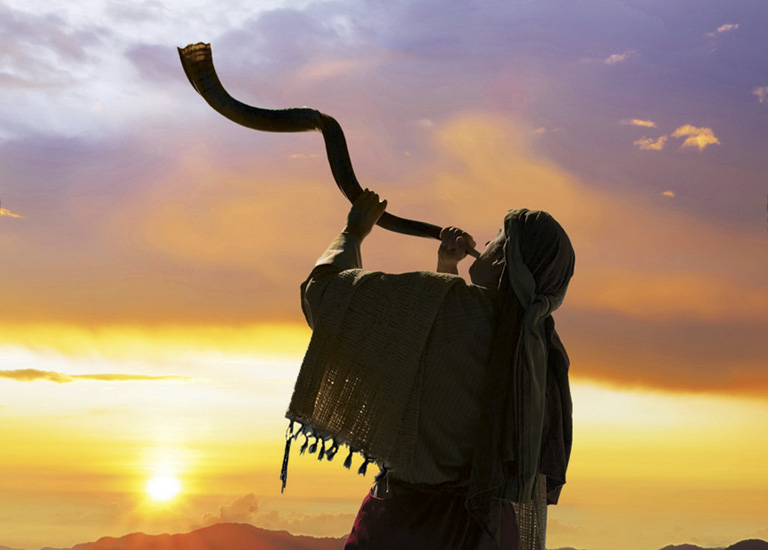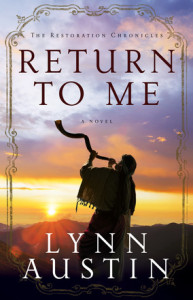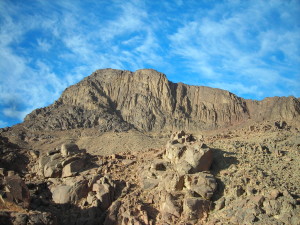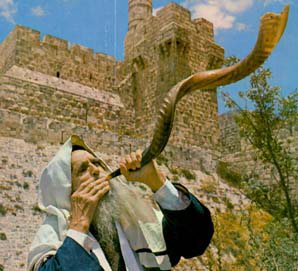Offering Hope
I’m often asked why I write novels. The short answer is, “because I want to offer readers hope.” I’ve always loved to read, but the theme of so many books seems to be, “Life is hard and then you die.” I agree that life is hard—but God is good. And I want to share my faith in a good and loving God in my stories. I place the characters in my books in difficult situations to show how trusting God brings meaning and hope to even our worst heartaches.
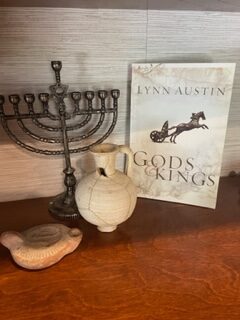
My biblical novel “Gods and Kings,” tells the story of King Hezekiah, a good and godly king who cleaned up his father’s idolatry, purified God’s temple, and turned his nation back to God. “In everything he did…Hezekiah sought his God and worked wholeheartedly. And so he prospered.” This is how we want our lives to go, isn’t it? When we follow God we should be happy and blessed. Bad things shouldn’t happen to good people.
But then the Bible says: “After all that Hezekiah had so faithfully done…then the king of Assyria came and invaded” his nation. The Assyrians were the most powerful army the world had ever seen. Hezekiah’s tiny army was hopelessly outnumbered.
And that’s where we find ourselves so many times. After all we have faithfully done, trying to follow God, trying to do what’s right . . . then disaster. It’s natural to ask God ‘why?’

Two years ago, our son married a lovely Christian woman and adopted her son as his own. They were faithfully following God . . . then our son fell at work when his ladder collapsed. He broke his pelvis, and shattered his shoulder. He was still recovering from two surgeries when he learned that he no longer had a job.
We typically react in one of three ways when we’re suffering. First, we can become angry and give up on God since He seems to have given up on us. But when we turn away from God, we often end up depressed and in despair. This is what happens to one of the characters in my novel “Long Way Home.” As an Army medic in World War Two, he had witnessed so much suffering that he lost his faith and tried to end his own life. When we turn away from God, we have no one else to turn to.

A second reaction to suffering is to try to rely on our own strength and plans. This is what King Hezekiah’s father, King Ahaz did. When an enemy threatened his nation, Ahaz sacrificed his own sons to the fire-god Molech, and made a bad situation much worse.
Waiting is hard. God doesn’t operate on our timetables. Our struggles may take years to resolve, but scripture says, “They that wait upon the Lord shall renew their strength. They shall soar on wings like eagles. They shall run and not grow weary. They shall walk and not grow faint.” Waiting and trusting God makes us stronger and deepens our faith.
The third way we can react to suffering is to give the situation to God. We can say, “Here are all the broken pieces of my life. I can’t fix it. But You can.” We may have to keep trusting Him even if we don’t see any evidence that He’s answering our prayers. But “In every situation, God is working behind the scenes in a thousand ways that we may never see or know about.”
After everything that King Hezekiah had so faithfully done, 185,000 enemy soldiers surrounded Jerusalem and demanded his surrender. Their commander shouted to Hezekiah and all the people on the city walls. “The gods of all the other nations didn’t help them, and your God won’t help you, either! Surrender before you all starve to death!”
Hezekiah went up to God’s temple and laid the enemy’s threats before God. He fell on his knees and prayed, “O Lord, You alone are God over all the kingdoms of the earth. Hear, O Lord, how the enemy has mocked you. Deliver us from his hand, so that all the kingdoms on earth may know that you alone are God.”
Did Hezekiah surrender? Was his nation invaded and defeated? I’m leaving you without an answer because this is where so many of us are right now. We’re in a situation without a resolution—yet. Our son is still healing from his injuries. He still doesn’t have a job. He’s learning to wait, to trust, and to draw closer to God.
We might have to wait a lifetime to see how God has worked everything together for our good and for His glory. But I write novels like “Gods and Kings” to offer you hope as you wait and trust. In a novel, the whole story unrolls in a few hundred pages and we see how God has been working behind the scenes. It’s my prayer that through my stories, you can get a glimpse of how God might also be working in your life. You can trust Him as you wait and pray and believe. Life is hard—but God is good.
- 1219
- 28
- 0


